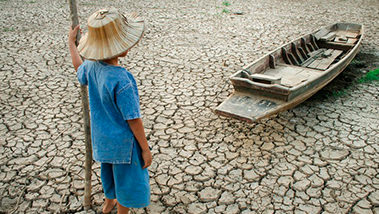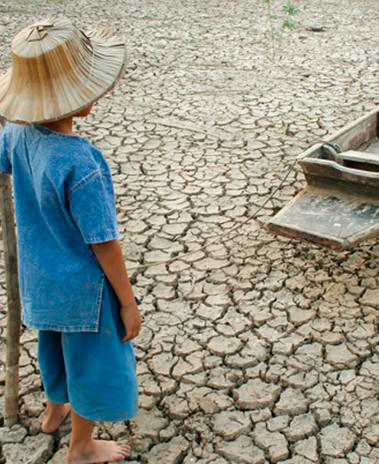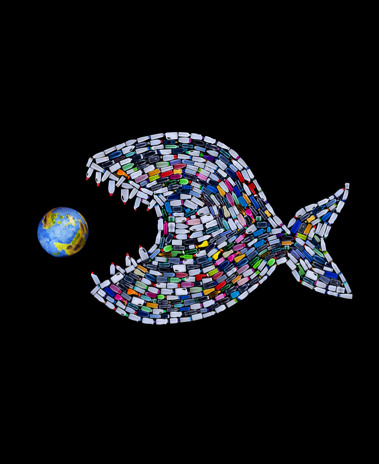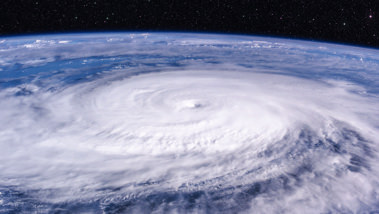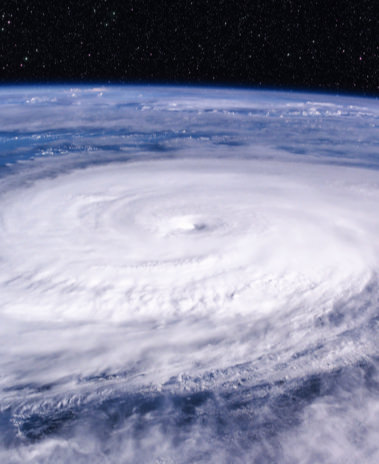#nature
The respect for the environment, flora and fauna or the defense of the nature are essential in fighting climate change. Iberdrola group promotes the biodiversity in ecosystems by supporting the cultural heritage development, apart from encouraging cultural and social awareness in this regard.
-
World Environment Day 2025, which is celebrated annually on 5 June, is part of the United Nations Decade on Ecosystem Restoration, a global initiative to prevent, stop and repair damage to degraded ecosystems all over the world. Totally aligned with this objective, Iberdrola Group is working to conserve healthy ecosystems in all its areas of influence.
-
Facebook We are progressing toward the energy transition and climate neutrality, both essential to restoring ecosystems
-
Twitter We are progressing toward the energy transition and climate neutrality, both essential to restoring ecosystems
-
Linkedin We are progressing toward the energy transition and climate neutrality, both essential to restoring ecosystems
-
Whatsapp
Global biodiversity has declined alarmingly in half a century: more than 42,100 species are at a risk of extinction with climate change being responsible for many of these situations.
-
-
In 2022 alone, climate disasters caused nearly 32 million internal displacements worldwide, according to a report by the International Displacement Monitoring Centre. The figure shows a very worrying trend, representing an increase of nearly 43% over the previous year's levels.
They are not on the maps, but in our oceans there are five floating plastic islands that threaten to eradicate much of the marine life and contribute to climate change. Some of these garbage patches — such as the North Pacific one — are equivalent in size to France, Spain and Germany put together.
-
They help to fight pollution, encourage biodiversity in city centres and help to control temperatures and humidity. Green zones in city centres are also crucial to social cohesion. The concept of the urban park as an open space for community use arose in the 19th century, but they are so vital that they are in towns and cities around the globe.
During COP27, efforts have been made to define which countries are most vulnerable to climate change. Chad, Somalia and Syria are the most potentially at risk from the consequences of this environmental problem.












